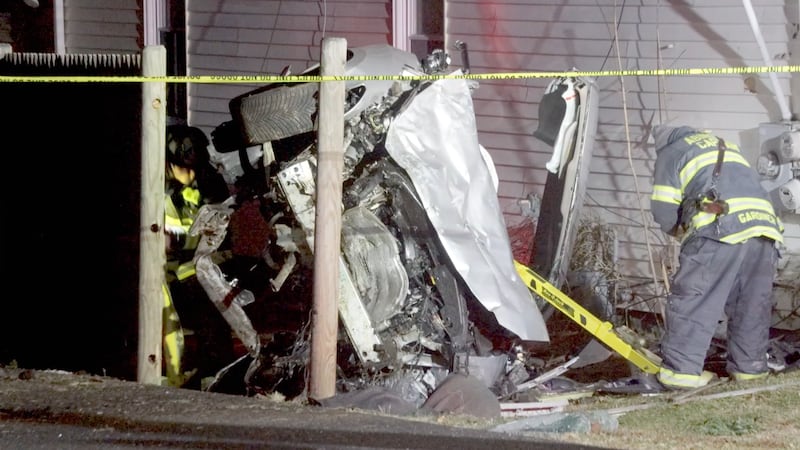BOSTON — A cavalcade of missteps, hazards and failures at the MBTA have prompted some public figures to call for the transit agency to be absorbed into another department or placed under federal control, but those actions would not address the deep-seated problems that have festered for years, according to a new report.
Analysts at the Massachusetts Taxpayers Foundation said the T needs to focus on its physical infrastructure, financial footing and organizational structure all at once to return to working order, pointing to impending turnover at the MBTA oversight board as a possible catalyst for change.
“The MBTA is in a full-blown crisis,” the report declares bluntly in its first line. “If we continue to ignore the intricacy of the issues driving this crisis, the MBTA will fail to achieve any of the bold visions for the future. Instead, it will continue to lurch from one crisis to another.”
MTF suggested the T’s leadership might need to rein in calls for expanding rail service and focus their attention instead on “safe and reliable core services.”
The group also said the T still lacks the “cohesion” of an optimally functioning organization, calling for the next administration to install a dedicated staff to support the MBTA Board of Directors. MTF contrasted the “soft receivership” approach of the now-dissolved Fiscal and Management Control Board with the current oversight panel, which “meets less frequently, leaves the details to management, and functions mainly to approve contracts.”
“Four members of the current MBTA board serve coterminous with Governor [Charlie] Baker and could be replaced in January when the next governor takes office,” the group wrote. “Beyond who sits on the board, the next administration will have to decide what level of oversight authority the board should exercise.”
Federal investigators intervened at the T this spring and found serious enough problems to order immediate changes in June, before the expected publication of their final report this month.
MTF argued that while the Federal Transit Administration’s work has highlighted persistent issues, the MBTA faces “a number of other existential threats” including delays in delivery of the brand-new Red and Orange Line cars set to replace the entire fleets, termination of a contract for a new bus facility in Quincy, and both time and cost overruns in a project to overhaul how the T collects fares.
The think tank called for the MBTA board of directors to undertake “more stringent reviews of these projects.”
Eleven months ago, MTF warned in a report that the MBTA was careening toward a “fiscal calamity” with growing operating and capital budget gaps.
Now, MTF said, “the near-term fiscal situation continues to deteriorate” despite some support for the T’s operating budget. With ridership and fare revenue still lagging pre-COVID levels, MBTA officials expect the agency will exhaust all of its emergency federal aid and face an operating budget gap of $236 million in fiscal year 2024 and larger shortfalls in subsequent years.
“The capital cliff the MBTA confronts is unchanged, with a gap of at least $12 billion needed to upgrade and modernize its existing infrastructure within the next decade,” MTF said.
“As lawmakers and the public alike increasingly realize, the T’s challenges extend far beyond its operating and capital budgets,” the group added. “Yet even though the T’s ability to operate services and upgrade its infrastructure could be crippled by its financial plight, lawmakers have yet to identify a dedicated and reliable revenue source to address these looming risks.”
Lawmakers approved making hundreds of millions of one-time dollars available to the MBTA to help address safety issues flagged by the federal investigation, but they have otherwise shown little interest in considering long-term funding questions about the T since a House-approved bill raising new transportation revenues died in 2020 just as the pandemic took hold.
MTF argued that both users and policymakers still do not have a complete understanding of “the full urgency and complexity of the problems facing the MBTA” -- a fact it said is in part because “the T drip feeds news about events and their impact on service.”
“If anything, the T’s need to address its many problems simultaneously could necessitate disruptions or delays in services even beyond those already announced or planned,” MTF said. “It is crucial that the T be candid and fully transparent in communicating and explaining the reasons and plans for such events and their impacts on services. Without rebuilding public trust, the MBTA cannot rebuild itself.”
This is a developing story. Check back for updates as more information becomes available.
Download the FREE Boston 25 News app for breaking news alerts.
Follow Boston 25 News on Facebook and Twitter. | Watch Boston 25 News NOW
©2022 Cox Media Group






